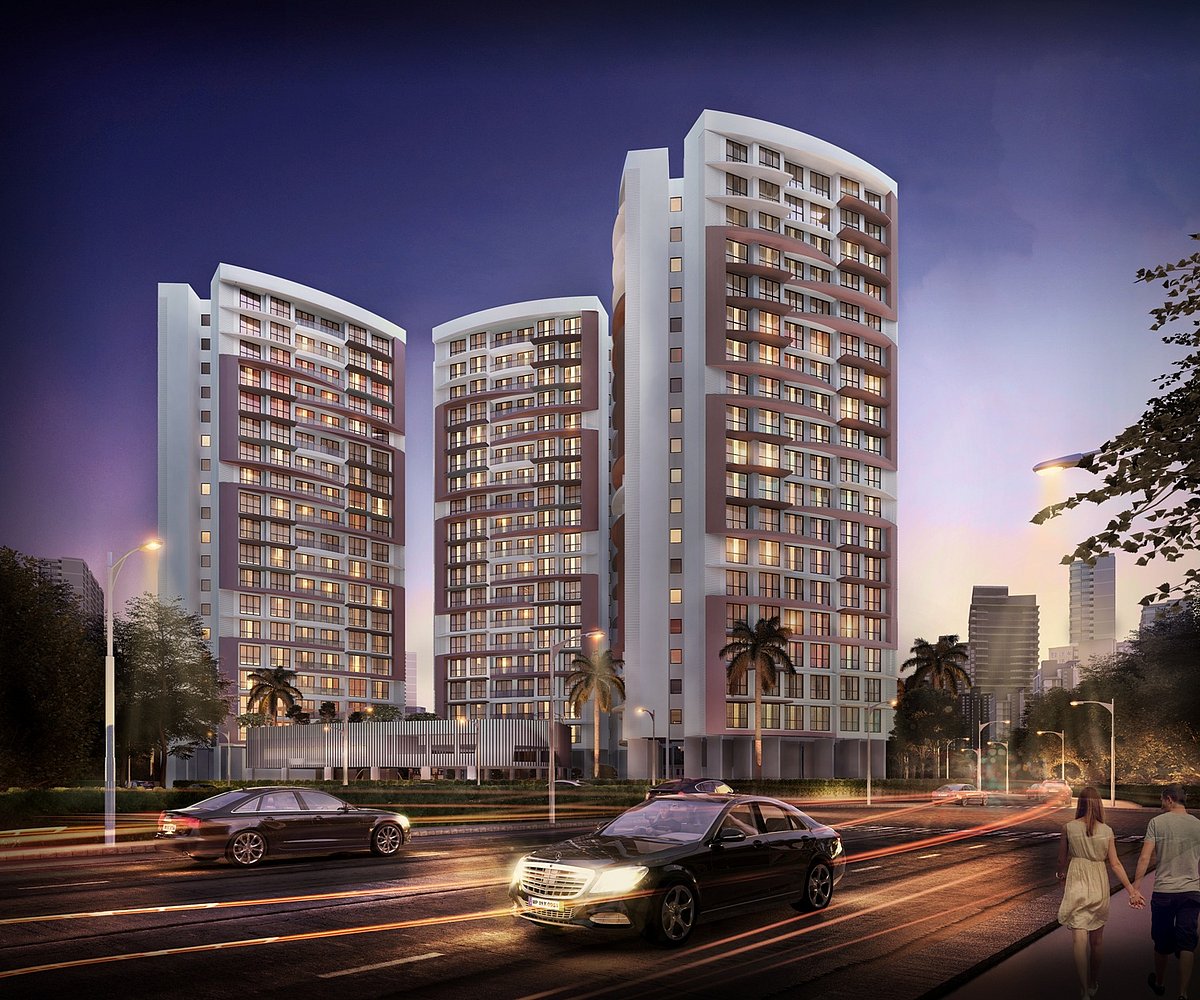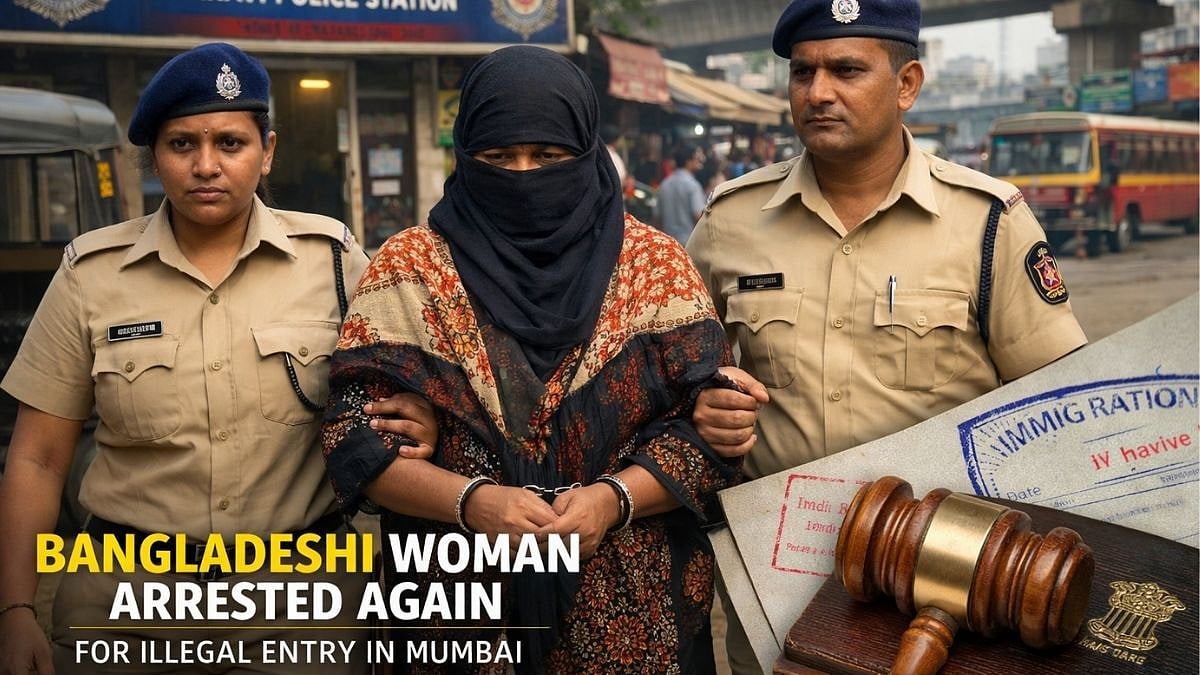Over 60 per cent of middle-income homebuyers in India expect prices of their primary residences to rise in the next 12 months, according to a survey by Knight Frank.
Around 30 per cent of respondents in the survey expect rates to rise up to 9 per cent, while 25 per cent hope prices to rise by 10- 19 per cent and 6 per cent feel rates to appreciate by more than 20 per cent.
The consultant on Wednesday released the Global Buyer Survey that analysed the impact of the COVID-19 pandemic on residential buyers'' attitudes to purchasing homes around the world.
Knight Frank also conducted a two-part primary survey for India, having a total sample size of more than 550 people.
The first part of the survey comprised respondents in the high-end income segment, referred to as the ''Global Indian Segment'' while the second part gauged buyer sentiment in the mid-end income segment referred to as the ''Mainstream Indian Segment''.
In the Indian edition of the survey, 26 per cent of mainstream Indians had moved their residences within the pandemic period.
"These relocations were motivated by factors like wanting more open space and proximity to friends and family," it said.
For Indian mainstream non-movers, 32 per cent were more inclined to move residences in the next 12 months.
An overwhelming 87 per cent of the respondents who desire to move homes in the next year, favoured the suburban neighbourhood of their current city of residence, while 13 per cent of respondents who want to relocate, may consider an alternate city.
On price outlook, the report said that 64 per cent of the respondents expect the value of their primary residence to increase in the next 12 months.
In the case of the Global Indian segment, which represents the higher-income segment, 32 per cent expect prices to rise.
"Reflecting a more optimistic outlook, 61 per cent of respondents in the mainstream Indian segment expect prices of their primary residences to rise in the next 12 months," Knight Frank said.
Among other findings, 32 per cent of the respondents from the mainstream Indian segment expressed willingness to move into a new home in the next 12 months as a result of the pandemic, whereas 14 per cent from the Global Indian segment indicated a desire for relocation.
The report emphasised that the future of work would play a significant part not only for the commercial sector but also for the residential.
More than half of the respondents in the Mainstream Indian segment expect to be back in the office for the entire workweek once all restrictions are lifted.
As much as 47 per cent of the Global Indian segment respondents expect to continue working for 2-4 days in a week from the office once all restrictions are lifted.
In the mainstream Indian segment, the highest inclination towards five days of work from the office was shown by professionals such as lawyers, architects, doctors, chartered accountants etc.
In the case of the salaried class segment, the preference for work from the office ranged from 3 to 5 days.
Shishir Baijal, Chairman and Managing Director, Knight Frank India, said, “The pandemic has changed the outlook towards ownership of homes."
"Our survey confirms that across the spectrum of Indian homebuyers, 32 per cent showed interest in relocating from their pre-pandemic homes."
Apart from the spending propensity and house type that typically govern an Indian home buyer''s purchase decision, Baijal said that factors such as access to open green spaces, healthcare and proximity to the workplace have also started playing an important role.
"Energy-efficient homes are also gaining traction as the concept is finding preference amongst home buyers in India," he added.
Industry reaction
Ram Raheja - Director, S Raheja Realty
This survey helps to understand the psyche of the Indian homebuyer in the current dynamic. The results confirm that most buyers, especially from Mumbai are looking to relocate owing to the need for open and well developed spaces. Respondents focusing on less polluted areas, access to good healthcare and educational institutes, proximity to social infrastructure and workplace, and good views; reiterates our strategy of focusing on prime locations.
Khar-Santacruz-Bandra belt ticks all the top criteria that Mumbai’s homebuyers are seeking. There is a great response to our recently launched projects in these areas. With the general agreement over expected price rise in the near future, we are certainly expecting a further increase in demand currently. Another interesting observation is that 30% of respondents from Mumbai have shown keenness to buy second homes. That category too will witness a spike over the next 2-3 years.
Rohit Poddar, Managing Director, Poddar Housing and Development Ltd.
The pandemic has led to a radical attitudinal shift when it comes to home-buying decisions. The demand for bigger space amongst the mainstream buyers is here to stay and people are happy to explore the peripheries of metro cities for the same. Buyers are preferring townships and projects that are at proximity to social and healthcare amenities. This trend is going to further boost housing demand in central and western suburbs when it comes to Mumbai. On the other hand, the investor class has realized the value of real estate and the financial security it brings along. The rise in NRIs or global Indians investing back in the home country has grown even in the pandemic and is further expected to continue.
As a result, the upcoming festive season is expected to see a growth in sales derived from both the buying-classes. This positive sentiment will hopefully continue as we keep taking gradual but steady steps towards normalcy.”
(With IANS inputs)




